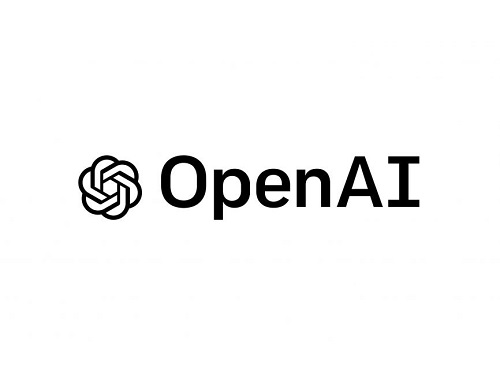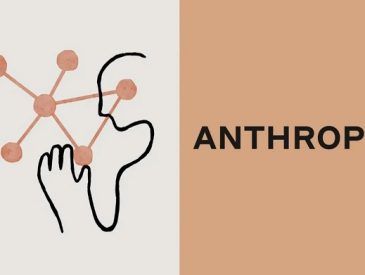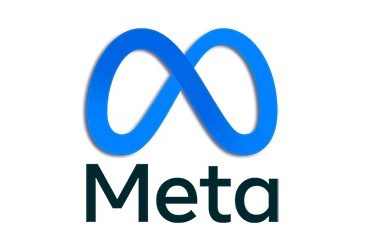OpenAI’s CTO Under Fire for Data Sources
OpenAI’s CTO is currently facing backlash due to a lack of transparency regarding Sora AI’s data sources and data-scraping methods. The controversy has raised concerns about accountability and ethical data practices within the organization. Closely examining the situation sheds light on the challenges surrounding data privacy and ownership in the AI sector.
Key Takeaways
- OpenAI’s CTO couldn’t specify Sora AI’s training data sources.
- Lack of transparency in data sources raised concerns.
- Controversy over data-scraping methods intensified scrutiny.
- Mixed reactions to interview responses from online commentators.
- Impact on OpenAI’s reputation and future implications for data privacy.
Lack of Transparency in Data Sources
The lack of transparency surrounding OpenAI’s CTO’s inability to specify Sora AI’s training data sources has raised significant concerns within the tech community. During an interview, Murati could not pinpoint the exact sources of Sora’s training data, mentioning only that it was publicly available and licensed. Specific sources such as YouTube, Instagram, or Facebook were left unconfirmed, leading to questions about a potential data training partnership with Shutterstock.
Despite the controversy, Murati did confirm that Shutterstock videos formed part of Sora’s training set. This lack of clarity on data sources undermines trust in OpenAI’s practices, highlighting the importance of transparency and accountability in AI development.
Controversy Over Data-Scraping Methods
Lack of transparency in data sourcing has spurred intense scrutiny on OpenAI’s data-scraping methods amid growing controversy over the company’s practices. OpenAI has faced criticism and legal challenges regarding its data-scraping practices, with concerns raised about the lack of clarity on data sources.
Murati’s vague responses during interviews have fueled skepticism and raised questions about the company’s accountability and transparency. The handling of data by OpenAI has not only triggered ethical and legal inquiries but has also undermined trust in the company’s practices.
The reluctance to disclose specific details about data sources has intensified worries about data privacy and ownership, signaling potential issues that OpenAI needs to address to maintain credibility and uphold ethical standards.
Mixed Reactions to Interview Responses
Reactions to Murati’s interview responses varied widely among online commentators, reflecting a spectrum of opinions on the transparency of OpenAI’s data practices. Critics questioned the adequacy of Murati’s explanations, perceiving them as either indicative of ignorance or a deliberate attempt to evade scrutiny.
On the other hand, defenders of OpenAI argued that utilizing publicly available data for AI training is a standard industry practice. The debate surrounding Murati’s responses highlighted broader concerns regarding data usage and consent in the digital era.
Users expressed a mix of skepticism and support for OpenAI’s practices, with some emphasizing the need for greater clarity and accountability in disclosing data sources for AI training.
Impact on OpenAIs Reputation
Murati’s uncertain responses to questions about OpenAI’s data sources have cast doubt on the organization’s credibility and raised concerns about its reputation in the AI industry. The lack of transparency and clarity regarding the sources of Sora’s training data has led to negative implications for OpenAI’s standing.
Murati’s evasiveness reflects poorly on the company’s leadership, adding to existing controversies and legal challenges. Transparency and accountability are essential for maintaining public trust, especially in a field as sensitive as AI.
The incident may prompt further scrutiny of OpenAI’s data practices and highlight the importance of clear communication and ethical data sourcing to uphold the organization’s reputation in the future.
Future Implications for Data Privacy
The evolving landscape of AI data sourcing necessitates a heightened focus on transparency and ethical considerations regarding data privacy. As companies like OpenAI continue to push boundaries in AI development, the need for clear communication on data origins and usage becomes paramount.
The recent controversy surrounding OpenAI’s data-sourcing practices, particularly the lack of specificity regarding sources like Sora AI‘s training data, raises concerns about data privacy and ownership in the AI sector. This situation may spark increased scrutiny and regulation from both consumers and governing bodies.
Moving forward, ensuring ethical data sourcing practices and transparent communication will be imperative for AI companies to uphold trust and navigate the complex terrain of data privacy in the digital age.
Get ready to dive into a world of AI news, reviews, and tips at Wicked Sciences! If you’ve been searching the internet for the latest insights on artificial intelligence, look no further. We understand that staying up to date with the ever-evolving field of AI can be a challenge, but Wicked Science is here to make it easier. Our website is packed with captivating articles and informative content that will keep you informed about the latest trends, breakthroughs, and applications in the world of AI. Whether you’re a seasoned AI enthusiast or just starting your journey, Wicked Science is your go-to destination for all things AI. Discover more by visiting our website today and unlock a world of fascinating AI knowledge.





